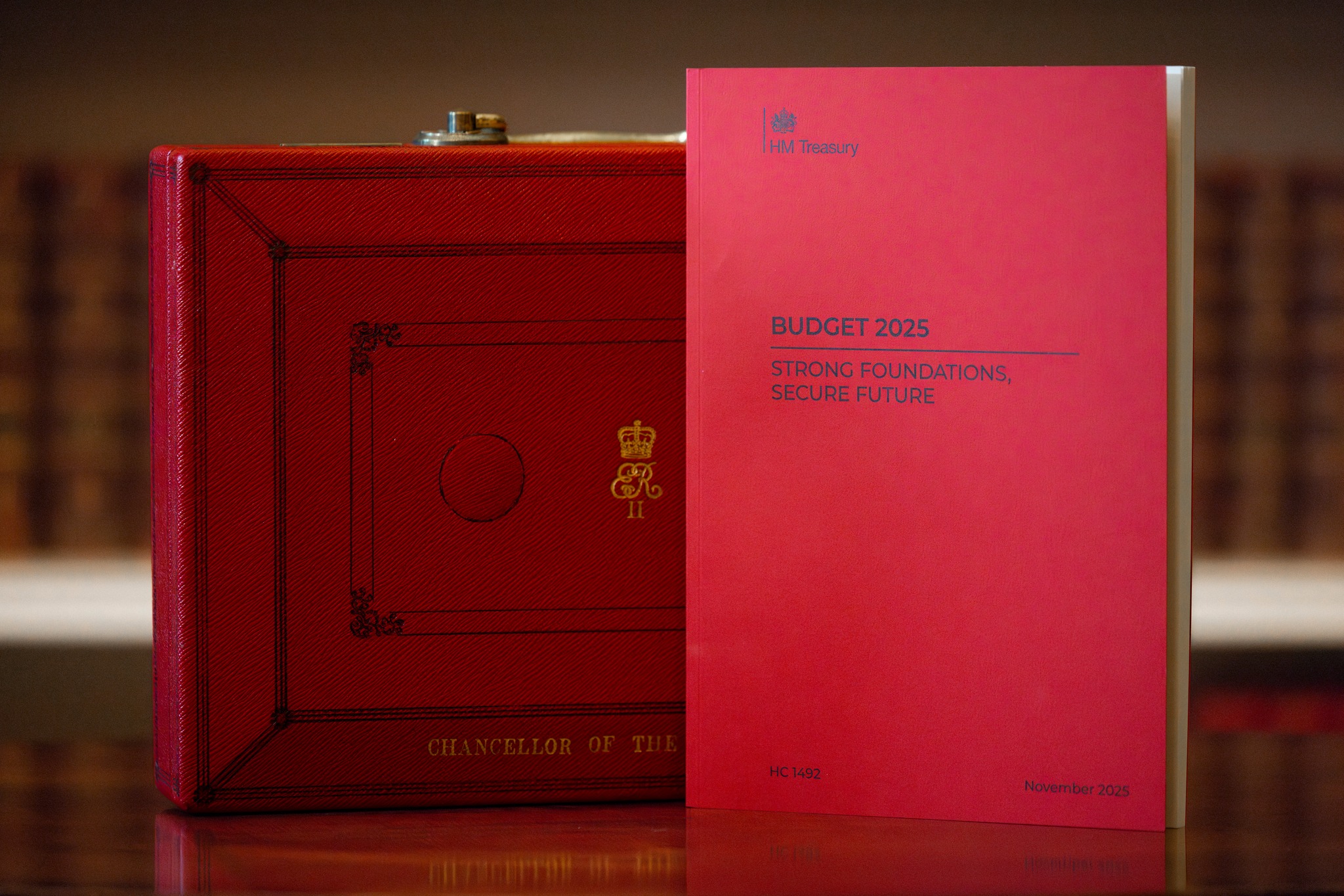
The UK railway industry is facing several challenges at present. The new HS2 project is in its early stages, there are increasing pressures on Network Rail to do maintenance and upgrades on what is a very busy network.
The UK railway industry is facing several challenges at present. The new HS2 project is in its early stages, there are increasing pressures on Network Rail to do maintenance and upgrades on what is a very busy network.
Furthermore, franchises are constantly juggling prices with customer services in a fiercely competitive transport environment. Of course, these challenges are common to all rail systems around the world. We need to dedicate some time and effort to innovative ideas and, in the case of the UK railway industry, current activities suggest that is certainly happening.
Energy
Energy usage is certainly under the spotlight at present, so the deployment of equipment efficiency measures is very welcome. Many upgrades are taking place regarding onboard energy measurement and capability for energy storage. One technology likely to emerge as common across the entire electrified rail network is regenerative braking, a way of re-using electrical energy which is normally dissipated using conventional dynamic braking on electric trains. Reductions in carriage chassis weight and consequently, energy consumed, are becoming more important, with more light high-tech composites being used in construction.
Route upgrades
Projects abound here. A couple of examples are:
- The £700 million electrification project of the Great Western Main Line, with the second part of the project extending from Didcot to Bristol (some 75 miles) and then onwards through the Severn Tunnel to Cardiff
- The massive Crossrail project in London, soon to enter into service, will greatly increase the flow of rail traffic from West to East across the centre of the capital
Resource optimisation
Network Rail, the UK rail infrastructure operator, is working alongside train builders and associated suppliers to enhance the range of people, processes, and equipment needed for efficient widespread changes, with new generations of rolling stock and overhead cabling being implemented on an ongoing basis. Training has seen innovation as well, with the establishment of a National Skills Academy for Railway Engineering, whose aim is to standardise training much more widely.
This will encourage qualifications which can be transferred to different working environments, as well as making sure that training (and recruitment) focuses on the precise skills needed by the industry. Engineering graduates and trainees need to believe, once again, that a career in the railways is a career with a future, especially given the fierce competition from other sectors.
Digitalisation
The railway network is already going digital. Modernising the way we control trains with Signalling has moved into the 21st century and the industry as a whole is pressing for a transition to a truly digital network because of the urgent need to optimise its latent capacity. Trains need to run faster, be more reliable, safer and with a much-reduced carbon footprint because passengers and other stakeholders are very much aware of the consequences if they don’t.
The Government is currently moving forward with the 4th phase of its £450 million acceleration fund.The use of mobile technology is also changing the face of how passengers interact with the rail system. HopStop, Rail Commute, and other apps allow passengers to be updated in real-time, helping with journey-planning and other essential information. Paper tickets are also disappearing, to be replaced by mobile tickets bought via smartphone and easily scannable at station barriers or by inspectors.
Station design
Station designers have changed their mindset in terms of how these places look, feel, and work for the user. Much more emphasis is being placed on ease of navigation and impressive, attractive designs - a striking example is the facelift at Kings Cross, a major terminus in North London, now unrecognisable from its previous dingy state.The use of cutting-edge building design to blend in with existing historic architecture creates beautiful spaces for passengers to spend time in. Facilities are designed for the future, be it at small stations or major intercity hubs.
FAQs

Can we help your business?
Book a free consultation with our expert R&D funding advisors today. We specialise in helping innovative businesses like yours unlock millions in government funding, specifically allocated to fuel your innovation. Let us help your business access the support it deserves.









.svg)


